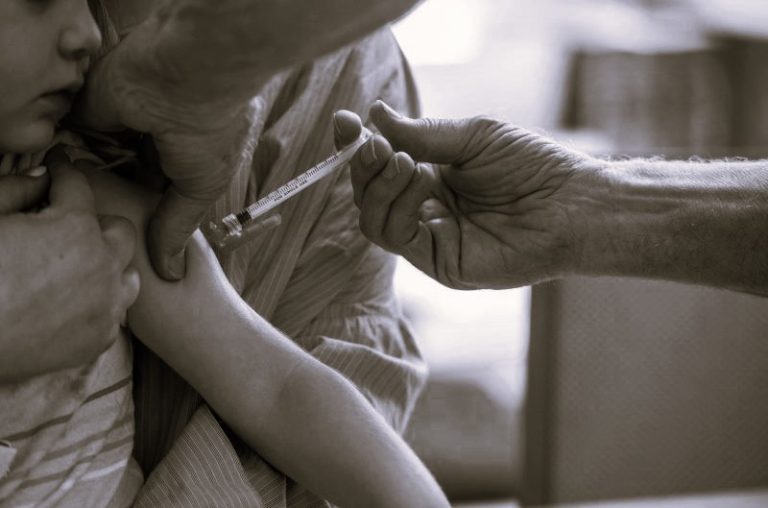

Supporting someone recovering from drug addiction can be challenging, but your role is crucial. Recovery affects both the individual and their loved ones, so understanding how to help is essential. A thoughtful and caring approach can encourage progress and prevent setbacks.
This guide offers simple steps to help you support a loved one in recovery. These strategies will help you create a positive environment and manage the challenges of their journey.
Understanding Addiction and Recovery
Before offering help, it’s important to understand addiction and the recovery process. This knowledge allows you to respond with empathy and avoid common mistakes.
Addiction Is a Health Issue
Addiction is not a choice but a health condition. It changes how the brain works, making it difficult for the person to control their behavior. This understanding helps you see the person as someone needing help, not judgment. For instance, rather than asking, “Why don’t you stop?” you might say, “What can I do to support your recovery?” Shifting your perspective shows compassion and helps build trust.
Medication-Assisted Treatment (MAT) is one example of how addiction is treated as a health issue. If you are wondering what is MAT addiction treatment, it refers to a program that combines medications with therapy to address both the physical and mental aspects of addiction. Understanding approaches like MAT helps you better appreciate the complexity of recovery.
Recovery Takes Time
Recovery is not a quick fix. It involves overcoming physical dependence, emotional struggles, and mental health problems. Relapses are part of the process and should not be seen as failure. Knowing this helps you stay supportive and patient, even during tough times. Encourage the person to refocus on their recovery plan when setbacks happen.
Understanding addiction and the recovery process helps you approach your loved one with empathy. This knowledge lays the foundation for offering meaningful support.
Ways to Offer Family Support
After understanding addiction and recovery, it’s easier to provide meaningful support. These steps can guide your efforts.
Recommend Professional Help
Professional treatment is essential for long-term recovery. Suggest therapy, support groups, or medical care as part of their plan. If they feel nervous or unsure, help them find resources or accompany them to their first session. This encouragement shows you believe in their ability to recover.
Talk Openly and Honestly
Creating a safe space for open conversations is important. Listen carefully when they share their feelings and avoid criticizing or interrupting. Instead of giving advice, ask questions like, “How can I help?” This approach shows respect and builds understanding. At the same time, be honest about how their recovery affects you, but frame it in a way that avoids blame.
Avoid Harmful Help
Sometimes, actions meant to help can cause harm. For example, giving money may seem kind but could enable unhealthy choices. Instead, offer support in ways that promote progress, such as driving them to appointments or helping with daily tasks. Setting clear boundaries helps both of you maintain a healthy relationship.
Providing support requires balance, patience, and thoughtful action. Encouraging accountability and open communication strengthens the recovery process.
Creating a Supportive Environment
A stable and healthy environment plays a key role in recovery. Small adjustments can help the person stay focused and reduce stress.
Build Daily Routines
Encourage a structured routine that includes regular meals, exercise, and rest. These habits create stability and improve their mental and physical well-being. Suggest activities like hobbies, volunteering, or spending time outdoors to keep them engaged in positive experiences.
Reduce Triggers
Triggers, such as certain people, places, or situations, can lead to cravings. Work together to identify and minimize these triggers. For example, if social gatherings involve temptations, suggest alternative plans like attending sober events. Stress is another common trigger. Relaxation techniques like deep breathing or mindfulness can help manage it effectively.
Making the environment more stable and less stressful supports healthier habits. These changes can help your loved one stay on track in their recovery.
Building a Network of Support
Helping someone in recovery doesn’t have to be done alone. A strong support network benefits both of you.
Join a Peer Support Group

Support groups are available for both individuals in recovery and their families. Groups like Al-Anon or Nar-Anon provide advice and a place to share experiences. These resources help you feel less isolated and give you practical ideas for handling challenges.
Stay Patient and Encouraging
Recovery is a long road with ups and downs. Your patience helps the person stay motivated, even during setbacks. Celebrate their small victories, like attending therapy or remaining sober for a week. If they relapse, remind them it’s a chance to start fresh. Your steady support reassures them they’re not alone.
A supportive network can make the recovery journey less overwhelming. It ensures you and your loved one have the help needed to move forward.
Caring for Yourself
Supporting someone in recovery can be exhausting, so it’s important to look after your own well-being.
Take Time for Yourself
Make sure to prioritize activities that help you recharge. Spend time with friends, engage in hobbies, or exercise regularly. Talking to a counselor or joining a support group for loved ones can also provide guidance and relief.
Set Healthy Boundaries
Boundaries are essential for maintaining balance. For example, if the person becomes demanding or aggressive, calmly explain what behavior is acceptable. Clear boundaries protect your mental health and keep the relationship positive.
Taking care of yourself helps you provide consistent support. Self-care ensures you remain strong enough to help in meaningful ways.
Conclusion
Helping someone recover from addiction is challenging but rewarding. Understanding addiction, offering practical support, and creating a positive environment can make a significant difference. At the same time, caring for your own well-being ensures you remain a strong source of support. Drug addiction recovery is a journey that takes time, patience, and effort. With encouragement and compassion, you can play an important role in helping your loved one build a healthier, more stable life.






